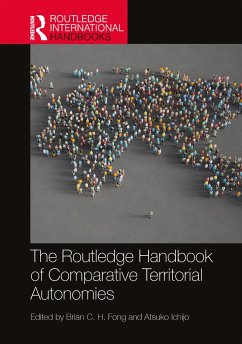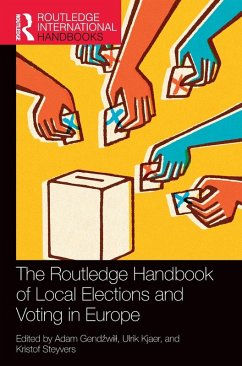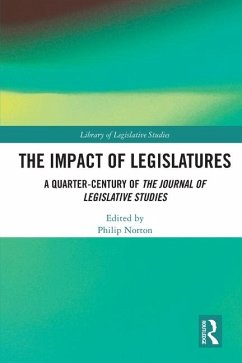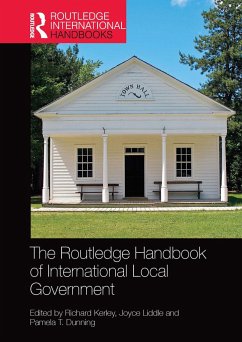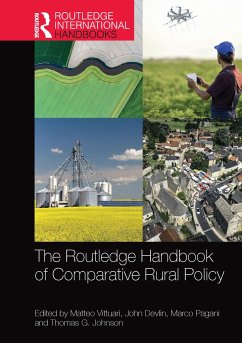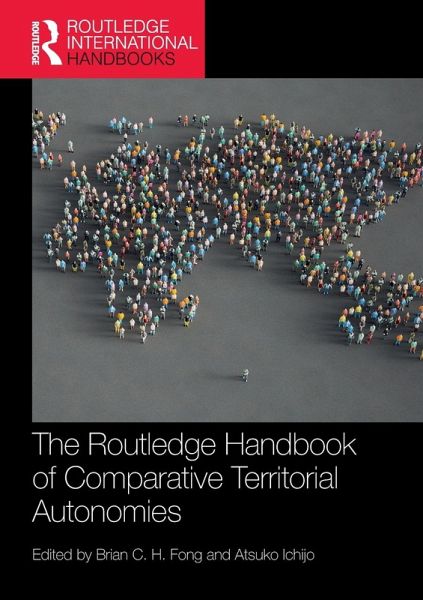
The Routledge Handbook of Comparative Territorial Autonomies
Versandkostenfrei!
Versandfertig in 6-10 Tagen
47,99 €
inkl. MwSt.

PAYBACK Punkte
24 °P sammeln!
The Routledge Handbook of Comparative Territorial Autonomies affords a comprehensive, pioneering and interdisciplinary survey of this emerging field.Moving beyond traditionally narrower engagements with the subject, it combines approaches to comparative law and comparative politics to provide an authoritative guide to the principal theoretical and empirical topics in the area. Bringing together a team of cutting-edge scholars from different disciplines and continents, the volume illuminates the latest thinking and scholarship on comparative territorial autonomies.This Handbook is an authoritat...
The Routledge Handbook of Comparative Territorial Autonomies affords a comprehensive, pioneering and interdisciplinary survey of this emerging field.
Moving beyond traditionally narrower engagements with the subject, it combines approaches to comparative law and comparative politics to provide an authoritative guide to the principal theoretical and empirical topics in the area. Bringing together a team of cutting-edge scholars from different disciplines and continents, the volume illuminates the latest thinking and scholarship on comparative territorial autonomies.
This Handbook is an authoritative, essential reference text for students, academics and researchers in its field. It will also be of key interest to those in the fields of comparative politics, comparative law, local/regional government, federalism, decentralisation and nationalism, as well as practitioners in think tanks, NGOs and international governmental organisations.
Moving beyond traditionally narrower engagements with the subject, it combines approaches to comparative law and comparative politics to provide an authoritative guide to the principal theoretical and empirical topics in the area. Bringing together a team of cutting-edge scholars from different disciplines and continents, the volume illuminates the latest thinking and scholarship on comparative territorial autonomies.
This Handbook is an authoritative, essential reference text for students, academics and researchers in its field. It will also be of key interest to those in the fields of comparative politics, comparative law, local/regional government, federalism, decentralisation and nationalism, as well as practitioners in think tanks, NGOs and international governmental organisations.





